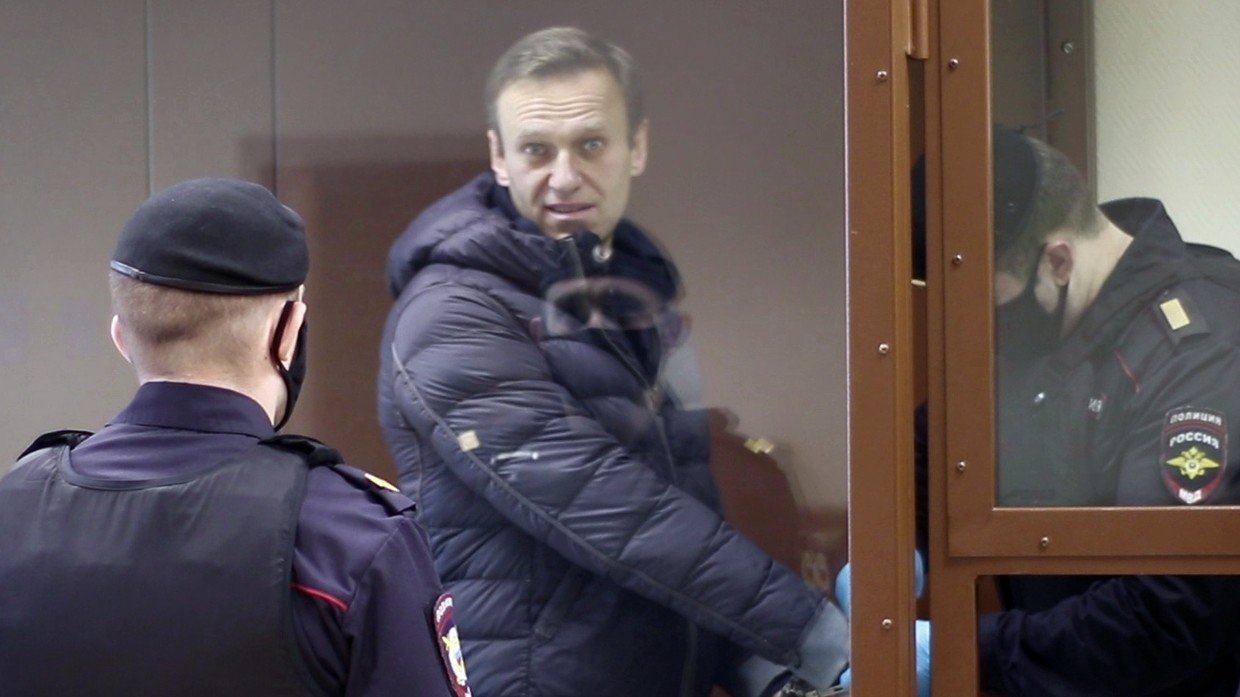Moscow has rejected a ruling by judges in Strasbourg, who have ordered the immediate release of anti-corruption campaigner Alexey Navalny from a Russian prison, where he is facing a three-and-a-half year sentence for fraud.
In a letter to the opposition figure’s lawyer, Olga Mikhailova, published by his supporters on Wednesday, the European Court of Human Rights (ECHR) confirmed that it had ruled in his favor.
The day before, the statement says, “a Chamber of Seven judges of the Court decided… to indicate to the Government of Russia… to release the applicant. This measure shall apply with immediate effect.”
The clerks add that the ruling had taken into account “the nature and extent of risk to the applicant’s life… and [was] seen in the light of the overall circumstances of the applicant’s current detention.” Failure to release Navalny, they say, would entail a breach under international law.
Also on rt.com Alexey Navalny jailed for over 2.5 years as Moscow Court says he violated terms of suspended sentence in ‘Yves Rocher’ fraud caseHowever, later on Wednesday, the head of Russia’s Ministry of Justice slammed the “unenforceable” ruling. In comments to journalists, he argued that the move was “unprecedented for several reasons. Firstly, this is a clear and gross interference in the activities of the judiciary of a sovereign state. Secondly, this demand is unreasonable and unlawful, since… it does not include a single rule of law that would allow the court to make such a decision.”
“There are no legal grounds for releasing this person from custody,” the official stressed.
The ECHR had previously struck down the terms of the sentence on which Navalny was convicted, relating to a 2014 scheme to defraud French cosmetics firm Yves Rocher. The country has consistently said that its domestic laws and national courts’ decisions should take priority over the rulings of foreign judges.
Pending the result of an appeal in a Russian court, Navalny is set to serve a further two years and seven months of his sentence in a penal colony, after being found guilty of breaking the terms of his suspended sentence.
A Moscow court ruled in February that he had failed to regularly report to the Federal Penitentiary Service, and his suspended sentence was therefore replaced with time behind bars. He had previously served ten months under house arrest.
Tens of thousands took to the streets in cities across Russia over the course of two successive weekends in January to call for Navalny’s release. However, authorities insist that his case is in line with the basic standards of Russian law, and that he should not be considered for special treatment because of his political activity.
Think your friends would be interested? Share this story!

